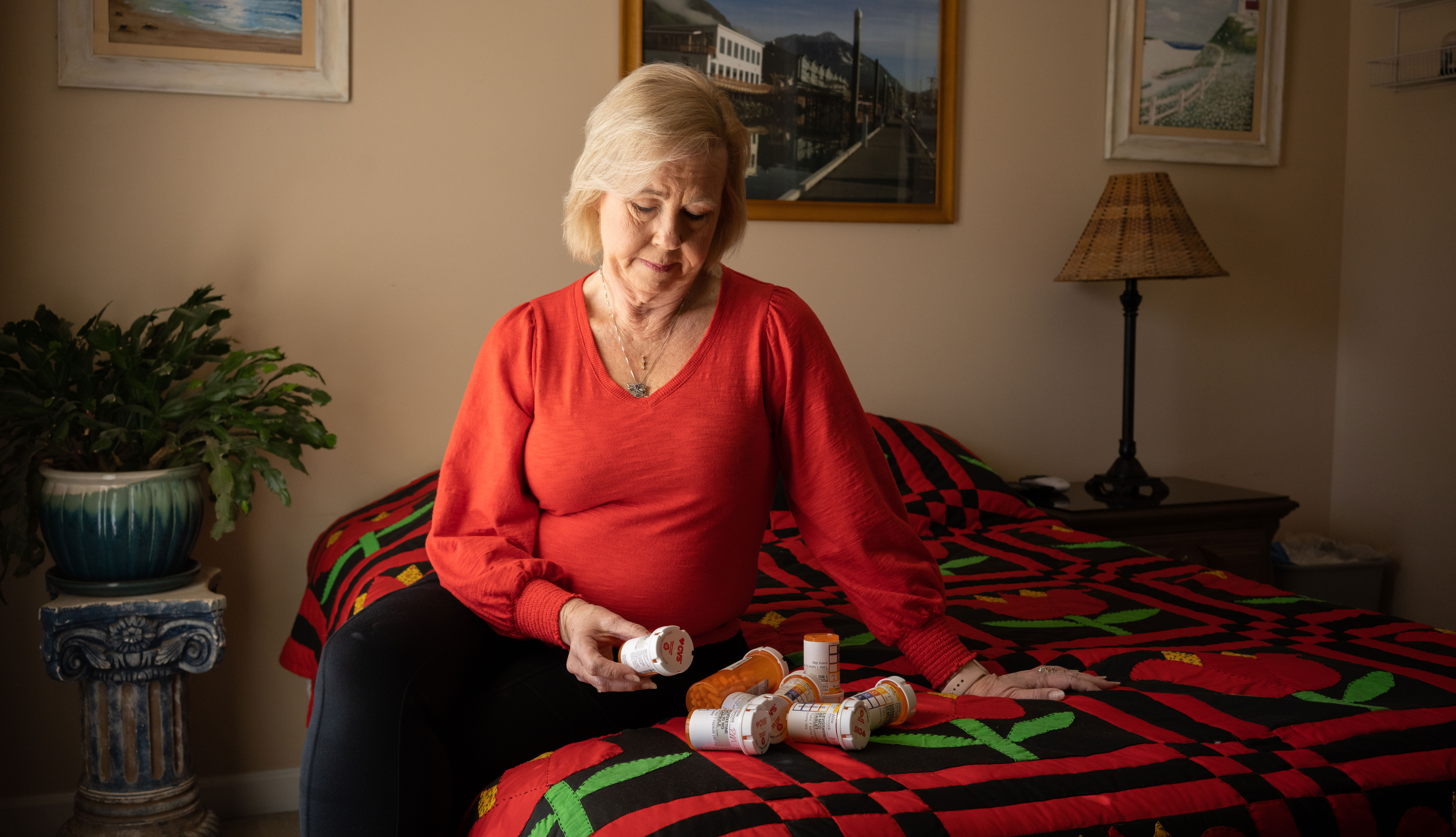AARP Eye Center

Willie Hancock, then 72, was in a tough spot. Her doctor had prescribed a medication for her respiratory illness, but she couldn’t afford it on a monthly Social Security income of less than $800.
Too proud to ask relatives for help, the retired retail worker turned to a payday lender in Greenville whose colorful flyer in her mailbox promised easy money. She borrowed $460. But it was a struggle to pay off the loan, and the debt soared to $2,400.
“Of course she could not pay it back,” says daughter Kerri Smith of Simpsonville, who learned of the loan two years later, in 2017. “They would charge her a fee, then just extend the loan.”
AARP South Carolina has joined a coalition pushing the Legislature to cap the total of interest and fees for payday and similar lenders at 36 percent. That sounds high — until you hear stories of people like Hancock.
As South Carolina president of Self-Help Credit Union, Smith helps people like her mother, who died in 2022. They typically have low incomes and can’t get loans from traditional banks.
“People feel embarrassed, they feel dumb,” says Smith, who’s seen interest rates as high as 749 percent (with fees, her mother’s reached 215 percent). “But it’s not a matter of intelligence. It’s the urgency of dealing with a crisis.”
A 2020 report by the nonprofit South Carolina Appleseed Legal Justice Center says short-term lenders are free to impose difficult conditions on borrowers. During a natural disaster, the report notes, merchants often are barred from exorbitant price increases for necessities. But storefront lenders can routinely charge interest rates that on an annualized basis reach triple digits.
Low-income residents hit hard
“Thirty-six percent does sound high,” says Charmaine Fuller Cooper, AARP South Carolina state director. “But it’s a lot less than the 300 to 400 percent people may be paying now.”
Fuller Cooper says older South Carolinians — on fixed incomes, hit hard by inflation — are at risk of being drawn into costly loans. Under the federal Military Lending Act of 2006, she notes, a 36 percent cap protects active-duty service members and families.
According to Appleseed Director Sue Berkowitz, three types of high-interest loans are common in low-income neighborhoods:
- Payday loans, for which borrowers write a check for the loan amount and a fee, and the lender promises not to deposit the check during the term of the loan, usually the borrower’s next payday.
- Title loans, available to those with a lien-free vehicle. Failure to make the loan payment means the vehicle can be repossessed.
- Installment loans, arranged when borrowers put up collateral. Berkowitz says people leverage possessions as modest as a bicycle or child’s car seat.
Lawmakers have tried before to tackle this issue. One failed effort proposed matching the limits enacted for the military. Loopholes in another law allowed people to keep renewing loans and get stuck in a debt cycle.
The North Carolina-based Center for Responsible Lending notes that 15 states cap interest at 36 percent for all three types of loans. “The vast majority of voters in South Carolina are in favor of a rate cap,” says Susan Stall of Village Engage, a Greenville nonprofit working with AARP in the South Carolina Fair Lending Alliance.
Lobbyists against changing the law argue that loans are a resource for those in need and that imposing limits on them deprives people of financial options.
Stall and Berkowitz want borrowers to know they have alternatives, including community organizations, churches, banks and credit unions.
To join AARP’s advocacy efforts, go to aarp.org/getinvolved.
Linda H. Lamb is a writer living in Columbia.
More on Finances 50+































































